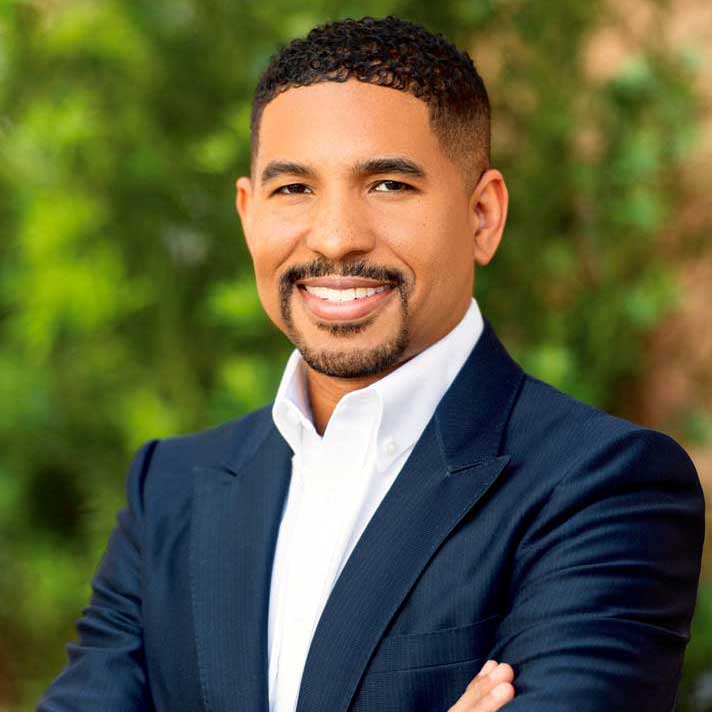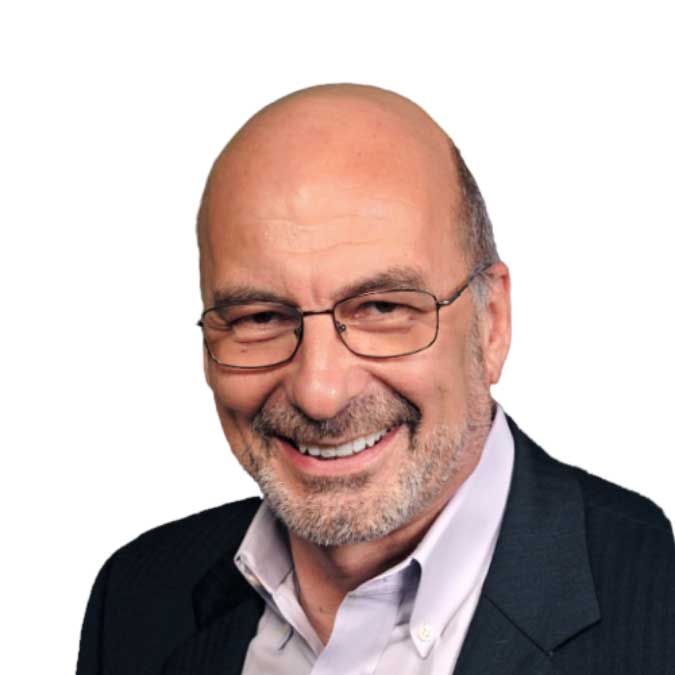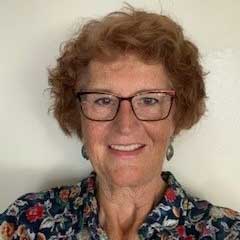
The changing leaves and cooler weather aren’t the only things to look forward to this fall: October 10th is World Mental Health Day. World Mental Health Day is a universal call to action. By starting conversations, sharing resources and supporting those around us, we can build a future where mental wellbeing isn’t just possible — it’s promised.
But celebrating mental wellbeing doesn’t last for just one day. Mental Health First Aid (MHFA) sat down with three national mental health leaders to discuss how we can make mental wellbeing a reality all year round.

Brandon Batiste, MPH
Vice President, Health Care Innovation, Morgan Health
J.P. Morgan Chase & Co.

Dr. Les Kertay, Ph.D., ABPP
Senior Consultant in Behavior Health
Axiom Medical

Cathy Muse
National Program Director
National Association of Counties
“We waste our time talking about mental health as different than physical health,” said Dr. Les Kertay of Axiom Medical. “They all happen together.”
Dr. Kertay, trained as a clinical psychologist, takes this advice and approach to every company he consults with. While organizations often pay close attention and care to the physical health of their employees, mental health is treated as a separate category.
Each of the experts we spoke with employ different methods to advocate for mental health in their organizations, but all three emphasize that mental health care matters just as much as physical health.
Cathy Muse is the National Program Director for the National Association of Counties (NACo), a nonprofit organization representing America’s counties. Muse said that mental healthcare is an incredibly important issue for NACo membership. As a result, in 2023, NACo launched the Commission on Mental Health and Wellbeing, aiming to reimagine mental health care through policy reform across counties.
Similarly, Brandon Batiste of Morgan Health at J.P. Morgan Chase & Co., shared that his organization prioritizes employee resilience and comprehensive support through employee assistance programs (EAPs), confidential counseling, crisis support and more.
While leadership buy-in is essential for mental health initiatives like these, Kertay said action is always more essential than talk. “Leadership must not only say they’re invested — they must model it and drive it through the organization,” he said.
Kertay argues that mental health care is fundamentally necessary for us as people and humans, not just as employees. Oftentimes, mental health care is framed as a return-on-investment for leadership: by investing in mental health, employees will be more productive. Kertay says this is not enough.
“Stop thinking about return on investment. Start thinking about investing in people.”
– Dr. Les Kertay, Axiom Medical
But both inside organizations and out, mental health care faces challenges including stigma, lack of awareness and lack of resources.
To increase awareness and address stigma, Muse and NACo put a spotlight on mental health care and advocate for it openly — from individual counties across America all the way to Capitol Hill.
“When leaders prioritize training like MHFA in their organization, when they share their own experiences, when they set mental health and mental health programs and legislation as a priority, it makes it a priority in all communities.”
– Cathy Muse, NACo
Muse argues for incorporating MHFA into all employee onboarding and workforce development programs to make it clear that mental health is a priority from the beginning. “It shows that [mental health care] is not just peripheral, it’s foundational to good governance.” Muse said.
Anybody can struggle with their mental wellbeing, but nobody struggles alone. As we celebrate World Mental Health Day on October 10, we recognize that everyone — across experiences, geographies, and roles at work and home — deserves compassion, support and access to the tools to thrive.
It’s not just about October 10: it’s about mental health care year-round.

Everyone deserves someone in their corner when facing depression, anxiety or substance use. That’s where MHFA comes in. We offer mental health trainings that teach anyone how to recognize mental health and substance use challenges, respond with compassion and offer the first level of support:
Join Mental Health First Aid and over 4.5 million First Aiders in making mental wellbeing a reality for all — not just on World Mental Health Day, but every day of the year.